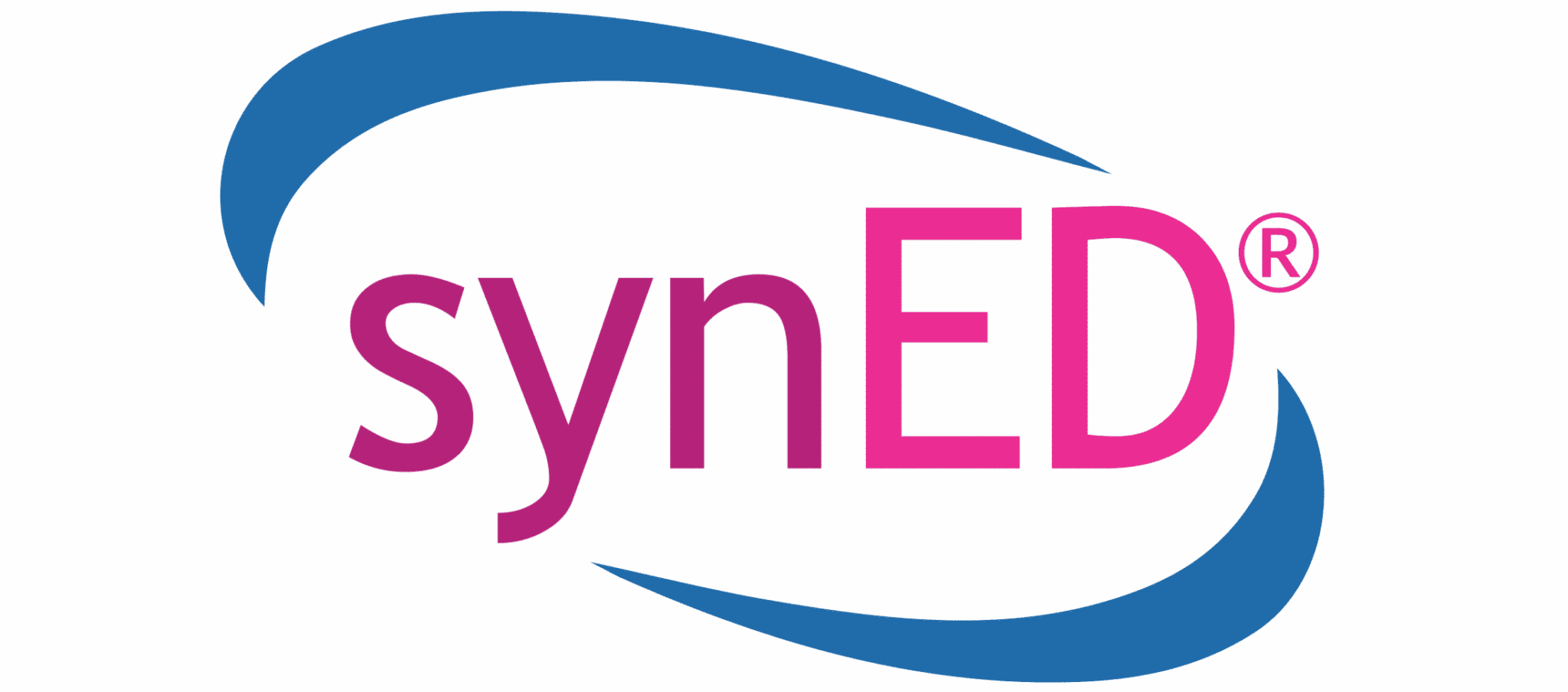Today synED, a national non-profit organization that identifies emerging best practices for effective articulation between employers, job seekers, and education providers, announced that Jared Amalong, Director of Computer Science and Digital Learning at the Sacramento County Office of Education, is this month’s CyberHero.
With a wide breadth of experience in education, computer science, and educational technology, Mr. Amalong has a solid footing as he works to expand computer science education offerings to students and provide new classroom tools in Sacramento County and beyond. At the Sacramento County Office of Education (SCOE), he supports computer science educators from 24 school districts in 7 counties encompassing the Greater Sacramento Region.
Mr. Amalong served on the California Department of Education Computer Science Standards Advisory Council and is the K-12 Teaching and Learning Working Group Co-Lead for CSforCA. He also oversees the California Mayors Cyber Cup competition in the Capitol Region for SCOE.
“Jared is committed to creating equitable, accessible, relevant and engaging learning opportunities that allows students to further explore computer science, and the growth and success of programs that he supports is a testament to his hard work and dedication,” said Lilibeth May Mora, a Professional Learning Manager at the Computer Science Teachers Association. “He has been such an amazing colleague to work with and an even better friend.”
Mr. Amalong has been at the forefront of the technology changes happening in education, especially since the COVID-19 pandemic forced major changes in the ways students and teachers interact on a daily basis. The California Mayors Cyber Cup, for example, began in 2019 as an in-person student learning experience that brought students together regionally. Canceled in 2020, the competition has been strictly virtual in 2021 and 2022.
“I would say that we’ve learned a lot about how we can create meaningful professional learning and student programs in a virtual environment,” said Mr. Amalong. “Three years ago, the idea of using platforms like Zoom to connect students across the state wasn’t one we considered. So we’ve learned a lot of good things, but it has definitely come with significant costs, chief among them exhaustion. The pandemic has been taxing for students and educators alike.”
A top priority of his is to bring back an in-person component of the California Mayors Cyber Cup in 2023, while keeping the beneficial aspects of a virtual competition. For the past two competitions, planners have been able to include student teams from as far away as the College of the Redwoods, a community college that is a five-hour drive from Sacramento.
“What I hope for the next Mayors Cup in Spring 2023, is that we will benefit from the things we’ve learned and bring about a new experience in a hybrid way,” Mr. Amalong continued.
Mr. Amalong was born and raised in the Sacramento area, and attended Sacramento State University before earning a Master’s degree in Educational/Instructional Technology at Boise State University. Early in his career, he worked for the California Governor’s information Technology Department. While there, Mr. Amalong altered his work schedule to allow him to coach high school football. He found that he loved working with students, and pursued a teaching credential.
In 2007 he began teaching Language Arts at his alma mater, Rocklin High School, and needed a tool to make his life easier grading essays. He discovered a new online tool called Writely – a platform that had been acquired that year by Google and would soon become Google Docs. This accelerated his interest in education technology and helping both students and teachers use new technologies inside and outside the classroom.
He then joined Placer County’s Office of Education, where he taught career and technical education courses and began working across the County as the Information and Communication Technologies Coordinator.
“My junior year in high school, there was a single computer programming course that was offered,” he recalled. “There were so many students at my high school who were unable to access that course. That’s been an inspriritation for me for a long time. How do we broaden access to these types of courses?”
He also focuses on increasing diversity in cybersecurity and computer science. One example is with the California Mayors Cyber Cup, where his goal is to achieve gender parity and increase diversity.
“I think we need to build something for students that are curious, and might be trying a computer science or cybersecurity competition for the first time, that’s really what drives this work,” Mr. Amalong added. He regrets that many cybersecurity competitions and recruitment efforts are based around themes of military, war, or battle, which can leave large swaths of students feeling left out.
Newer programs offered by SCOE include an e-sports competition, which will debut next year, and virtual courses in computer science that students from across the Sacramento region – and beyond – can take for high school and college credit.
“We really have enjoyed working with students from Sacramento to the Oregon border, and that’s been made possible through generous grantors and the Sacramento County Office of Education Superintendent Dave Gordon,” he concluded. “The work that we do with teachers, in professional learning, is actually statewide. We do have a significant focus on the Far North counties, working with our partners in Shasta and Siskiyou counties, for example.”


